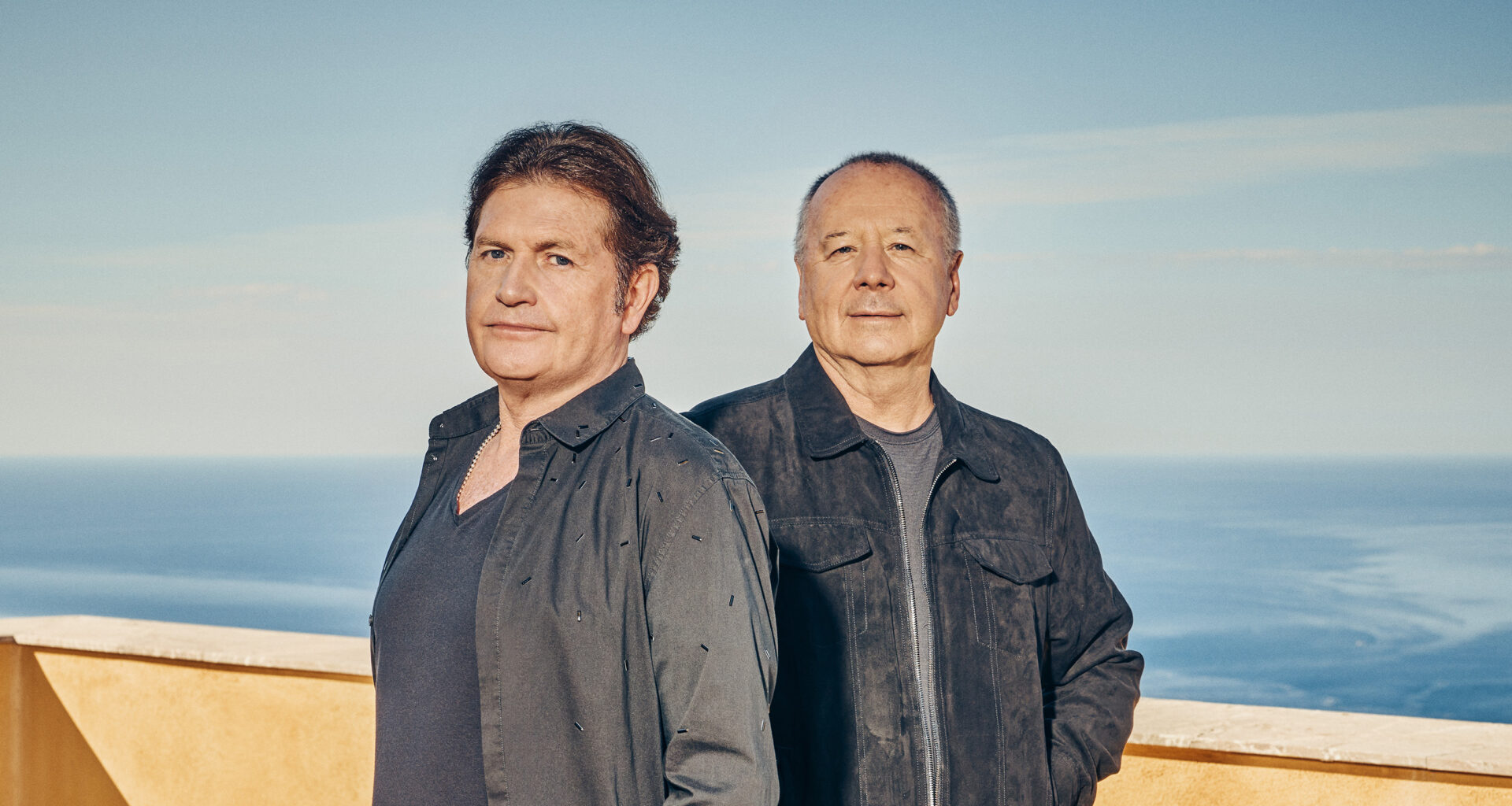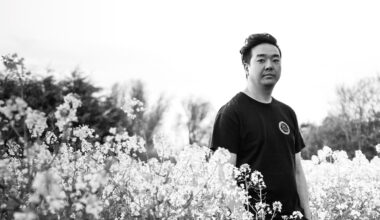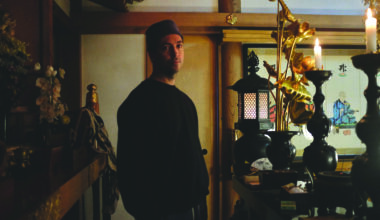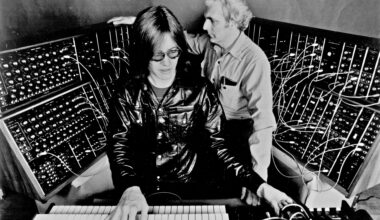Simple Minds have just put out a new album… and it’s their best since the band’s heyday in the 1980s. From the striking cover to the upbeat tunes and sometimes dark lyrics, Jim Kerr and Charlie Burchill explain how ‘Direction Of The Heart’ came together, as well as reflecting on their enduring friendship and the 40th anniversary of their 1982 classic, ‘New Gold Dream’
Want to read more?
Sign up to Electronic Sound Premium to gain access to every post, video, special offers, and more. 100%, all you can eat, no commitment, cancel any time.
Already a premium member? Log in here






